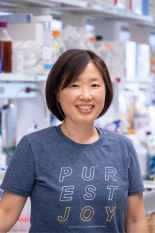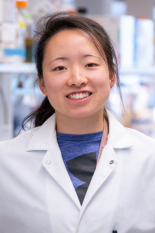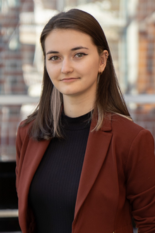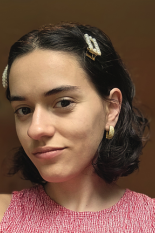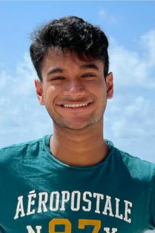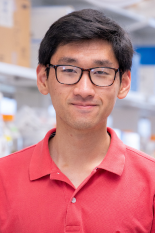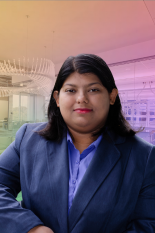News Story
Fischell Institute Affiliate Spotlight: Sahil Shah
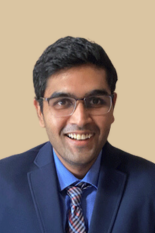
Sahil Shah is a Fischell Institute Affiliate Fellow and an Assistant Professor in the Department of Electrical and Computer Engineering. Shah learned about the Fischell Institute while collaborating with Fischell Institute Fellows Pamela Abshire (ECE, ISR) and Reza Ghodssi (ECE, ISR).
Shah’s research lab focuses broadly on developing energy-efficient computing hardware for areas where resources (size, weight, area, and power) are constrained. Specifically, he develops implantable or wearable devices that enable physiological or neurological monitoring.
One of the ongoing projects he is working on with physicians at the University of California, San Francisco (UCSF) is developing a wearable device that measures the vascular flow of patients undergoing surgery for arteriovenous fistula (AVF). Arteriovenous fistula is an abnormal connection between an artery and a vein. It may be congenital, surgically created for hemodialysis treatments, or acquired.
In addition to the device being developed with UCSF, Shah is working on a robust and accurate wearable device to assess vascular flow at homewould. The development of this would allow for the early detection of AVF, improve patient prognosis, improve patients’ convenience, decrease clinic visits, and reduce overall medical costs. To accomplish this, Shah is creating hardware that allows for accurate and robust impedance characterization, software that helps extract relevant parameters from the measured impedance, and Institutional Review Board (IRB)-approved validation with human participants.
On a separate project, Shah is collaborating with Abshire and Ghods si to develop on-chip biosensors that measure phospholipids in the gut. Their work has the potential to provide valuable insights into the underlying causes of various gut-related diseases, such as irritable bowel syndrome. By detecting and quantifying the biomarkers for these diseases, they hope to improve their understanding of the biological mechanisms behind these conditions and develop more effective treatments in the future.
“This work enables me to use my engineering knowledge to develop new biomedical devices that have the potential to improve and save lives,” Shah said.
In the future, Shah is interested in projects related to neural interfaces and neuroscience, with a focus on implantable electronics. He is interested in collaborating with colleagues possessing orthogonal expertise.
Outside work, Shah loves kayaking and hiking, especially in the summer.
Published April 13, 2023

